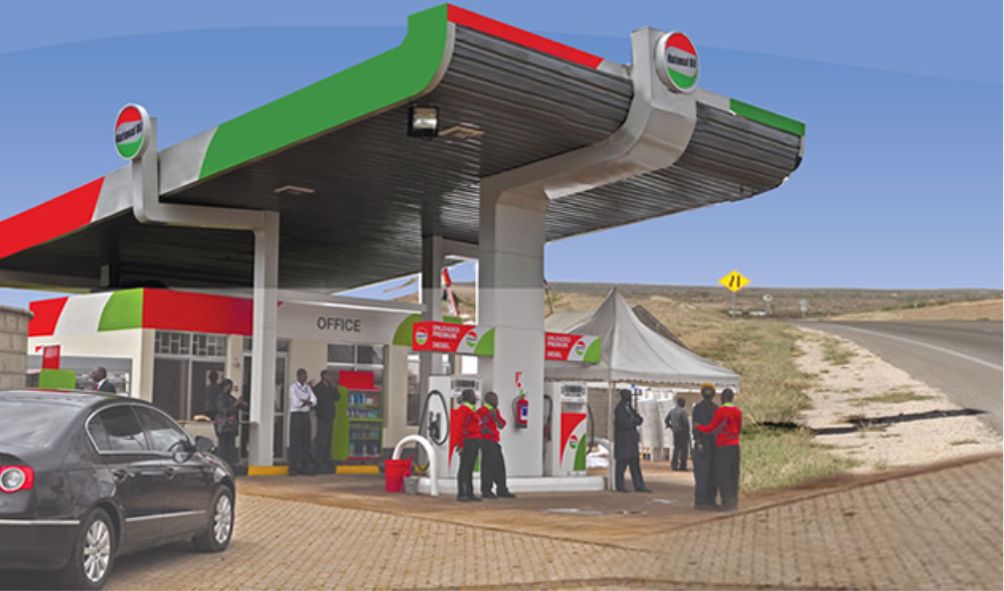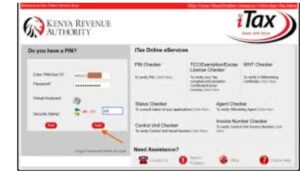Gulf companies lock out National Oil out of UAE fuel deal

Gulf oil companies rejected a proposal to use the National Oil Corporation of Kenya to import fuel on credit
Gulf oil companies rejected a proposal to use the National Oil Corporation of Kenya to import fuel on credit.
Due to the National Oil Corporation of Kenya’s precarious cash condition, the Gulf oil firms rejected a plan to utilize it to import fuel on credit; as a result, the State was forced to let them choose their preferred dealers.
Industry insiders with knowledge of the negotiations, which began in September of last year, said that the State-owned company was rejected by Saudi Aramco, the Emirates National Oil Corporation (Enoc), and the Abu Dhabi National Oil Corporation Global Trading Company (Adnoc).
The action demonstrates the influence the three companies have over the agreement between the governments to import fuel on 180-day credit terms.
Adnoc picked Gulf Energy to supply diesel and jet fuel while Enoc picked the Kenyan oil marketer to import super petrol. Saudi Aramco picked Oryx and Galana.
The deal is meant to ease monthly demand for dollars and help prop the shilling which has been under pressure in the forex market since last year.
“They said that you (Kenya) cannot impose the counterpart importer on us, we have our preferred dealers whom we have been working with all along and those are the ones we will work with,” said a source who declined to be named.
The previous government had brought in Nock at the beginning of August last year before the talks went mute amid talk that the Gulf oil majors had expressed their discomfort in working with the firm.
Discussions resumed when the Kenya Kwanza Alliance took office with the Energy and Petroleum Cabinet Secretary Davies Chirchir publishing a gazette notice that paved the way for the deal.
The three Gulf oil major companies were given a free hand to choose their preferred Kenyan counterparts for the deal.
Local banks issuing letters of credit also flinched at the idea of issuing financial support to the cash-strapped State-owned fuel marketer, ultimately locking it out of the running for the deal.
KCB, NCBA, Absa Bank Kenya, Stanbic Bank, and Co-op Bank, alongside the Africa Export-Import Bank (Afreximbank), were picked for issuance of the LCs to the local oil dealers who would clinch the deal with the Gulf suppliers.
An LC is proof of the commitment that a bank issues on behalf of an importer. It offers comfort to the supplier of the goods.
Government announces FOUR different charges for application and replacement of birth certificates
Government publishes new regulations to have National Oil import 30 percent of petroleum products
Kenya spent Sh150 billion to repay public debt in the month of March alone
Bandits disrupt security meeting
It transfers risk from the buyer to the issuing bank and places the lender under obligation to pay even if the buyer goes bankrupt.
Nock has been struggling to service Sh5.3 billion loans taken from KCB Group and Stanbic. The lenders had in 2020 threatened to seize and auction assets of the oil dealer.
Kenya inked the deal with the Gulf majors early this month, paving the way for the first fuel on credit cargoes by mid-April.
Gulf Energy will import between 250,000 tonnes and 350,000 tonnes every month and between 170, 000 tonnes to 200,000 tonnes of diesel in the period.
The company will also import 80, 000 tonnes of jet fuel every month.
Galana Oil and Oryx Energies will ship diesel cargoes of between 160,000 to 180,000 tonnes every month.
The deal will end after nine months after which Kenya may seek a fresh deal if the shilling does not recover from its woes.
Also read,
Kenya inks deal with Saudi Arabia to import fuel on credit
KPLC will no longer issue a breakdown of token charges as prices surge 10pc
Deported Rubis Kenya CEO returns after Ruto’s victory
Follow us





